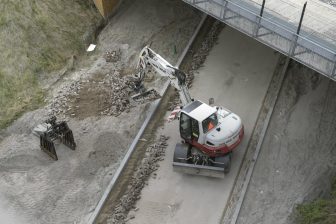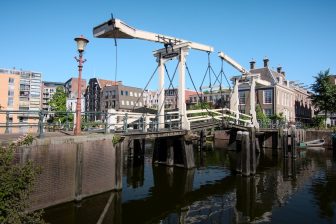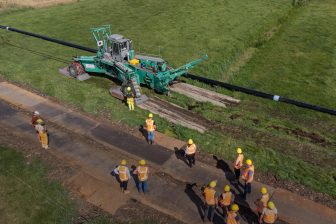Japan and ADB fund infrastructure Tajikistan
MANILA, PHILIPPINES – The government of Japan and the Asian Development Bank (ADB) are funding the rehabilitation of key infrastructure in northeast Tajikistan to restore access to rural communities that were isolated after flooding in 2006 washed away a suspension bridge.
The Japan Fund for Poverty Reduction will provide a $2 million grant to be managed by ADB for the Sustainable Access for Isolated Rural Communities Project, estimated to cost $2.369 million. The balance will be covered by the Government of Tajikistan.
Tajikistan is the smallest and poorest nation in Central Asia, with a predominantly agricultural economy and a population of about 7 million. With 93% of its territory covered by mountains and landlocked, Tajikistan is heavily dependent on road transport, which accounts for about 80% of total freight and 90% of total passenger movements.
“The road subsector has suffered from insufficient maintenance funding, lack of skilled labor and frequent natural hazards. A large capital investment is needed to provide a reliable road network,” said Hee Young Hong, financial analysis specialist of ADB’s Central and West Asia Department. With an annual per capital gross domestic product of $236 and an average poverty incidence of about 64% in 2006, fiscal constraints will result in limited rural road investments and maintenance.
The project will involve the rehabilitation of an existing 241.8-meter bridge connecting two villages in the Rasht district to restore access for rural communities in one of the poorest regions of the country. The bridge is 18 kilometers downstream from the destroyed suspension bridge, which provided a crucial link across the Surkhob River. It was the only bridge within about 80 kilometers, and carried an average of 300 vehicles a day.
The undertaking also involves the construction of a 1.05-kilometer bridge approach road on each side of the Surkhob River, the upgrade of a 14-kilometer rural road in the immediate vicinity of the affected communities and the introduction of community-based infrastructure maintenance practices.
The project will ensure safe, efficient and sustainable access for the rural poor and contribute to sustainable economic development and social stability. The project will also promote the self-sufficiency of the affected rural villagers by making them accountable for their infrastructure maintenance needs.
U las zojuist één van de gratis premium artikelen
Onbeperkt lezen? Profiteer nu van de introductieaanbieding voor € 10,- per maand.
Bent u al abonnee?



